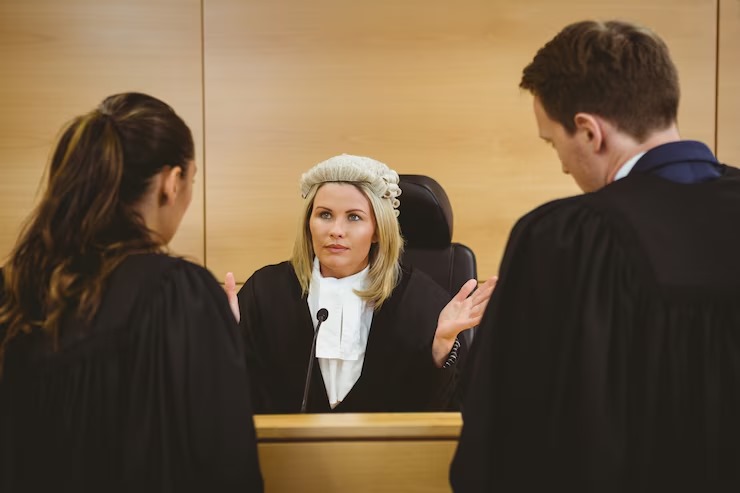Legal conflicts sometimes open up glimpses into more complex organizational problems in the realm of executive management and corporate governance. rowdy oxford integris offers one great illustration. Many people have been captivated by the federal lawsuit involving Integris Composites and its former Vice President, Rowdy Lane Oxford, which exposes flaws in the company’s business that go far beyond the courtroom. What first seemed to be a conflict between an executive and employer has now developed into a warning tale for businesses worldwide.
Background: Who Are Rowdy Oxford and Integris?
Particularly inside the defense and aerospace industries, rowdy oxford integris held a Vice President role at Integris Composites, a business noted for its work in cutting-edge materials and composite technologies. Oxford oversaw operational aspects and provided strategic direction as a senior leader.
Oxford’s resignation from the company ignited claims of wrongdoing and corporate malpractice, which started the controversy. Integris Composites filed a federal lawsuit claiming Oxford had acted against the interests of the company, thereby triggering a furious legal fight.
Legal Claims and Core Allegations
Although the particulars of the case are still developing, the lawsuit focuses on allegations of:
- Violation of trust responsibility
- Misuse of confidential company information
- Potential financial interests in conflict
- Breaching confidentiality and employment contracts
These assertions imply that the business thinks Oxford’s actions directly harmed its internal stability and operating activities.
The Case’s Revelation About Corporate Risks
The rowdy oxford integris case concerns more than one corporate leader. It has revealed some major hazards that can impact any business:
- Lacking Internal Controls:
The case shows possible flaws in Integris’s supervision of sensitive data and decision-making authority.
Failures of Executive Oversight
To stop unauthorized actions, businesses have to guarantee routine audits and executive behavior inspections.
- Risk of Over-Reliance on Key Individuals:
As this case shows, too much power to one leader without checks can backfire.
- Influence on brand reputation:
Legal fights with senior management can undermine market opinion and stakeholder trust.
- Failure to get ready for crises:
The sluggish public reaction and lack of transparency indicate that Integris might not have had a solid crisis management strategy ready.
- More General Industry Consequences
For the aerospace and defense sector, where data protection, ethics, and strategic planning are essential, this case is a wake-up call. The hazards rise with the businesses, particularly if internal governance is insufficient to offset misbehavior.
Companies in the defense and high-tech industries should view executive vetting, openness, and compliance as core tenets of their business—proactively, not only after a crisis occurs.
Answers and Questions
Q1: What makes the Rowdy Oxford Integris case noteworthy?
It emphasizes corporate governance failures and internal risk elements that can impact any major firm—especially those in delicate sectors like defense and technology—
Q2: What are the main takeaways for other businesses?
Maintain strong internal controls; regularly audit executive choices; and use crisis management techniques guaranteeing quick response and responsibility.
Q3: Is the case finally settled?
According to recent information, the case is still open and the legal procedures may take time to come to an end.
Q4: Could this affect Integris’s customers or contracts?
Yes. Any ethical issue-related executive level case can result in broken relationships with clients, particularly in sectors where confidence and security are very important.
In corporate leadership, the Rowdy Oxford Integris case highlights the need for watchfulness, openness, and ethical standards. Although legal fights are occasionally unavoidable, the best defense for any company is a strong internal structure that gives accountability top priority. For Integris Composites, this case is a test of corporate resiliency as well as a lesson for the whole sector rather than just a test of legal power.
The case provides insightful views on the covert weaknesses even the most advanced firms may run across if internal controls are disregarded as it progresses.











